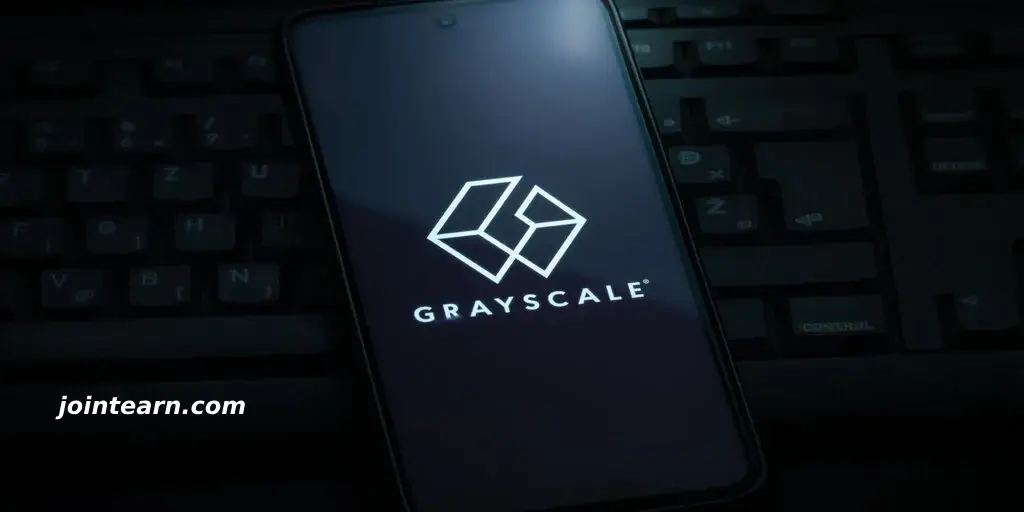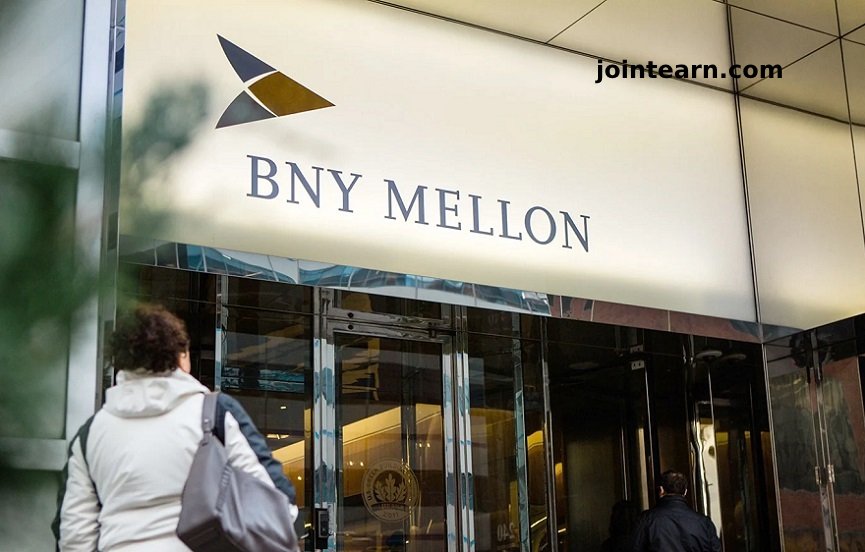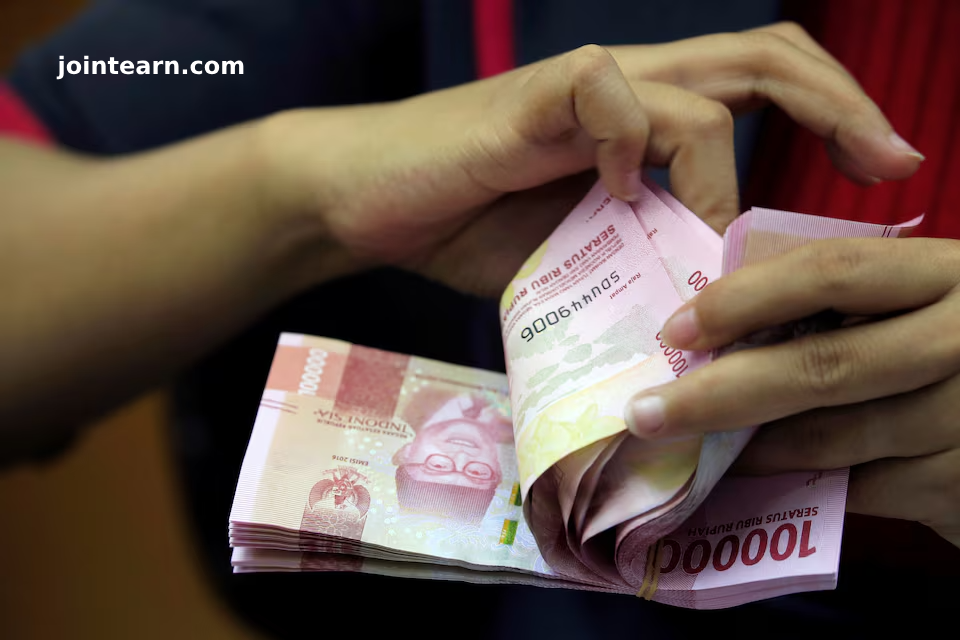Grayscale Investments has officially filed with the U.S. Securities and Exchange Commission (SEC) for a Spot Hedera (HBAR) Exchange-Traded Fund (ETF), with plans to list it on Nasdaq. This move is part of Grayscale’s larger initiative to expand its ETF offerings beyond Bitcoin and Ethereum, with HBAR being the sixth altcoin to receive an ETF filing. The approval process for this ETF involves two steps: first, the SEC must acknowledge the filing, followed by its publication in the Federal Register, which kicks off the formal review process. According to Bloomberg analysts Eric Balchunas and James Seyffart, HBAR, alongside Litecoin, has a higher likelihood of approval due to its progress in regulatory matters compared to other altcoins.
Grayscale has also previously filed for ETFs involving popular altcoins like Dogecoin (DOGE), XRP, Cardano (ADA), and Solana (SOL), all of which are still under SEC review. Just a week before Grayscale’s filing, Nasdaq made a similar submission for an HBAR ETF, underscoring the growing interest in the token. Despite no official approvals yet, Hedera’s rising popularity, bolstered by major corporate backers such as Google, IBM, and Boeing, strengthens its appeal as a viable investment-grade asset.
Under the leadership of Acting SEC Chair Mark Uyeda, the SEC has become increasingly receptive to altcoin ETFs, partly due to the Trump administration’s more crypto-friendly policies. This shift has sparked a surge in crypto ETF filings, with optimism that approving smaller altcoins could pave the way for a broader index ETF in the future. Sources close to the matter suggest that these approvals could lay the groundwork for widespread ETF acceptance in the coming months.
The Grayscale HBAR ETF filing is one of several currently under SEC review. Grayscale is also attempting to convert its Dogecoin Trust into an ETF, and its XRP ETF proposal is still under consideration. These filings could play a crucial role in shaping the future of crypto ETFs in the U.S., especially if the SEC approves them.
The approval process for these ETFs could take up to 240 days, with the initial 45 days reserved for public comment. While Bitcoin ETFs were approved in 2024, altcoin ETFs still face significant hurdles, including concerns over market manipulation and liquidity. The SEC has also delayed its decision on Cboe’s request to list options for Ether ETFs, pushing the decision date to May.
The Grayscale HBAR ETF, along with other altcoin proposals, represents a pivotal step in the broader effort to make cryptocurrency more accessible to traditional investors. If these ETFs receive approval, they could significantly boost institutional adoption and expand the market for altcoin investments.












